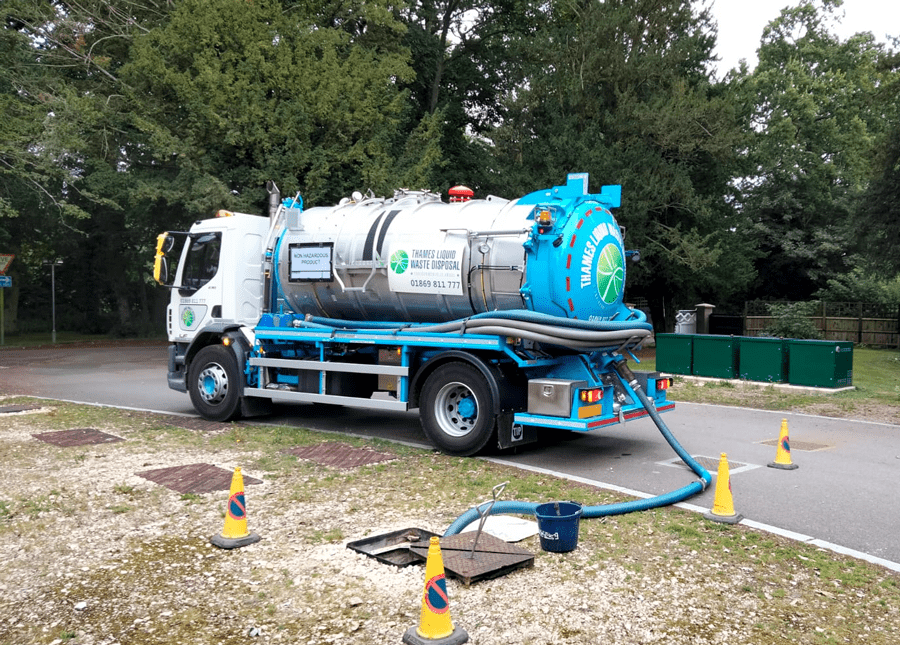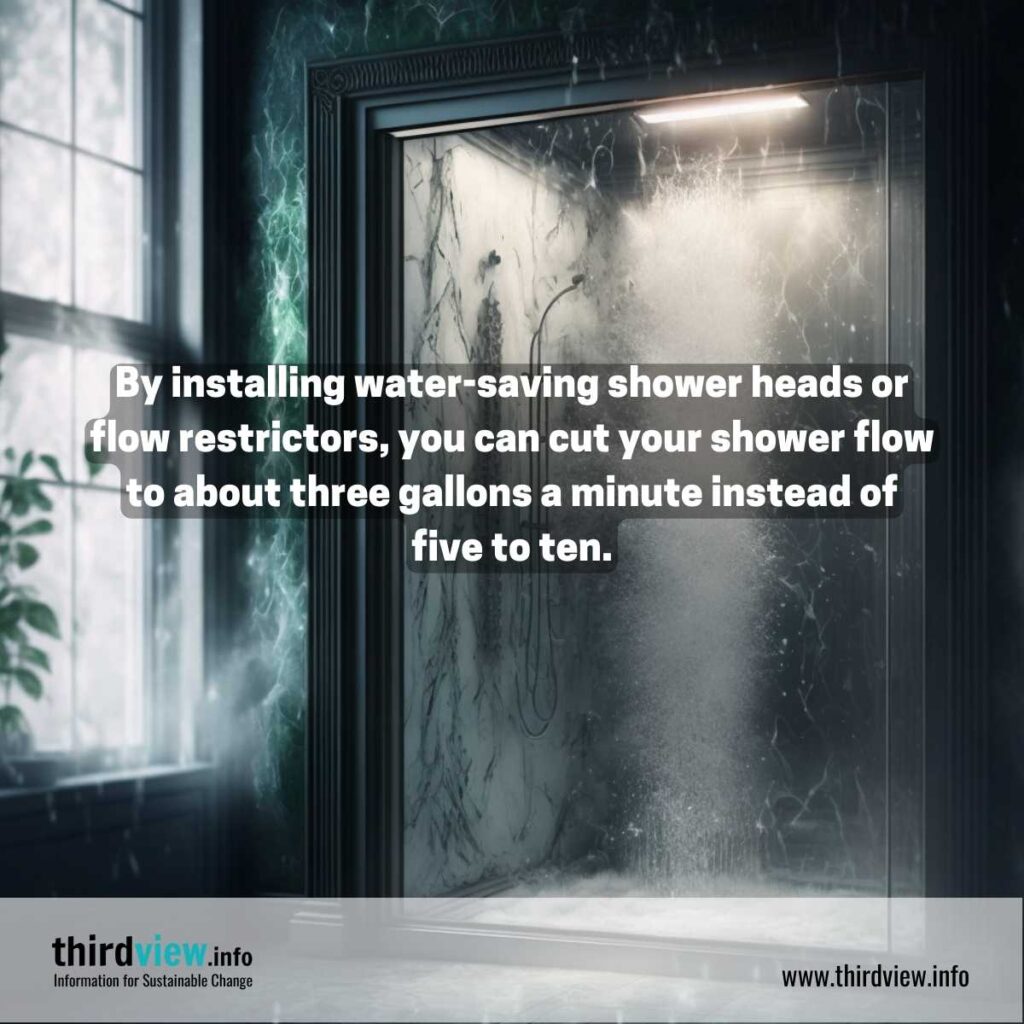Excitement About Reclaim Waste
Excitement About Reclaim Waste
Blog Article
Reclaim Waste Things To Know Before You Buy
Table of ContentsReclaim Waste Can Be Fun For AnyoneExamine This Report on Reclaim WasteOur Reclaim Waste DiariesFascination About Reclaim WasteOur Reclaim Waste PDFs
Domestic sewer waste refers to the waste and products from a household septic storage tank. The proper administration and disposal of residential sewage waste need fluid waste to be transferred to a sewer treatment plant where the appropriate approaches and devices are applied to cleanse and dispose of waste.
Business waste usually includes prospective dangers, such as combustible products or a combination of liquid and strong waste items, and needs a much more innovative and thorough disposal process. The disposal of industrial waste generally involves the filtration of waste before transport to ensure safe and proper disposal. Industrial waste is created from by-products and runoff of industrial procedures and production.
This kind of waste can not use the exact same sewage administration transportation or procedures as septic or business fluids. The hazardous waste administration process calls for the examination and screening of fluid waste before it undertakes the disposal procedure (liquid waste disposal melbourne). Drainage waste is the liquid waste that comes from drainage and excess stormwater in very booming locations or cities
Drainage waste can create contamination and flooding if not dealt with appropriately. Ensuring correct waste management can stop calamities and reduce environmental injury.
Some Known Incorrect Statements About Reclaim Waste
Call PROS Solutions today to find out concerning our waste management and disposal solutions and the proper ways to look after the liquid waste you create.
(https://www.callupcontact.com/b/businessprofile/Reclaim_Waste/9368278)This so-called 'wastewater' is not just an essential resource yet, after therapy, will be launched to our land, waterways or the ocean. Used water from commodes, showers, baths, kitchen sinks, laundries and industrial processes is recognized as wastewater.

water made use of to cool equipment or clean plant and devices). Stormwater, a kind of wastewater, is drainage that flows from agricultural and metropolitan locations such as roofing systems, parks, yards, roadways, paths and seamless gutters into stormwater drains pipes, after rainfall. Stormwater flows without treatment directly to regional creeks or rivers, ultimately getting to the sea.
All About Reclaim Waste
In Queensland, a lot of wastewater is treated at sewer therapy plants. Wastewater is moved from residential or industrial websites through a system of sewers and pump stations, referred to as sewerage reticulation, to a sewer treatment plant. City governments construct, preserve and run most sewer treatment plants. Operators are certified under the Environmental Security Act 1994 to release treated wastewater at an appropriate ecological standard right into waterways.
The Department of Natural Resources advises city governments regarding handling, operating and preserving sewage systems and therapy plants. In unsewered locations, local governments industrial wastewater treatment might call for owners to set up private or house sewer treatment systems to treat domestic wastewater from commodes, kitchen areas, restrooms and laundries. The Division of Natural Resources authorises using house systems when they are verified to be reliable.
In some brand-new neighborhoods, therapy of some stormwater to get rid of litter, sand and crushed rock has begun utilizing gross toxin traps. Wastewater treatment takes place in four phases: Removes strong issue.
Makes use of little living organisms knows as micro-organisms to break down and eliminate continuing to be dissolved wastes and fine particles. Micro-organisms and wastes are included in the sludge.
Everything about Reclaim Waste
Nutrient elimination is not readily available in any way sewer therapy plants due to the fact that it calls for pricey specialised tools. It is becoming more common in Queensland. Clear fluid effluent created after therapy might still contain disease-causing micro-organisms. If this effluent is released right into rivers such as rivers or the sea, the micro-organisms will at some point die out.

This usually suggests wastewater has to be treated or impurities removed before it can be released to waterways. The majority of wastewater moves right into the sewerage system. Under the Act, neighborhood governments administer authorizations and licences for eco pertinent activities (Periods) including wastewater launches that may have a local impact. The division carries out approvals and permits to ERAs involving wastewater launches that might have a local or statewide influence.
Get This Report on Reclaim Waste
Monitoring gives factual information about water quality and can validate that permit problems are being fulfilled. The info acquired through monitoring provides the basis for making water quality decisions.
Report this page